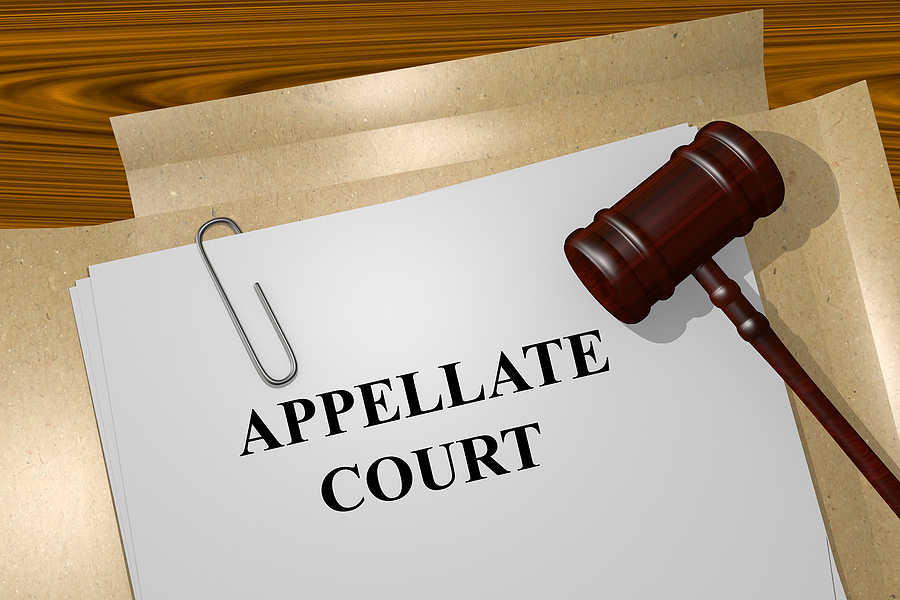Did you just lose your criminal case? Are you devastated by the verdict handed down to you in criminal court? The good news that you are desperately in search of right now is here: you still have legal options. You can choose to file an appeal, even if you’ve just lost one.
Continue reading to learn how the appeal filing process works in Indiana, plus a bonus tip on which criminal defense law firm to choose for the best possible outcome in appellate court.

The Indiana Procedures for Filing an Appeal
Indiana procedures for filing an appeal in criminal court are pretty straightforward. There are four basic steps, all of which will require the assistance of a licensed and experienced criminal defense attorney in Indianapolis. These steps include petitioning for an appeal, appellee response, court reviews, and appellate court verdict.
Filing the Appeal
The first step in the Indiana appeal filing process is petitioning for appeal. The appellant is required to file an official Notice of Appeal coupled with a written argument decreeing their basis for appealing the court’s verdict.
Getting the Appellee Response
The next step in the appeals process is to receive the appellee’s response to the appeal. The appellee is the opposing party, and they must respond to the Notice of Appeal within a certain time frame and also with a written argument describing their stance on the approval of an appeal. During this stage of the process, the appellee can actually cross-examine the appellant.
Waiting For the Court to Review Both Arguments
During this phase of the appeals process, the courts will review arguments provided by both parties. They will decide if any legal errors occurred during the original criminal justice and court process. It is very common for both parties to appear before the judge and provide oral arguments and cross examinations to prove their case.
Hearing the Appellate Court Verdict
The appellate court hands down their verdict in the last phase of the appeals process. At this time, the appellant will learn if their appeal is denied or approved. Appeals are denied when the appellate court agrees with the lower court’s original decision or verdict.
Are you looking for an experienced appellate court lawyer in Indiana? Contact Attorney David E. Lewis at 317-636-7514 to speak with a seasoned criminal defense lawyer in Indianapolis, Indiana. Our law firm will get you the best possible outcome to your criminal case!
Related Posts:
Do I Have Another Option if I Lose My Appeal?
When Do I Have a Right to an Attorney?
How to Switch From a Public Defender to a Private Criminal Lawyer


